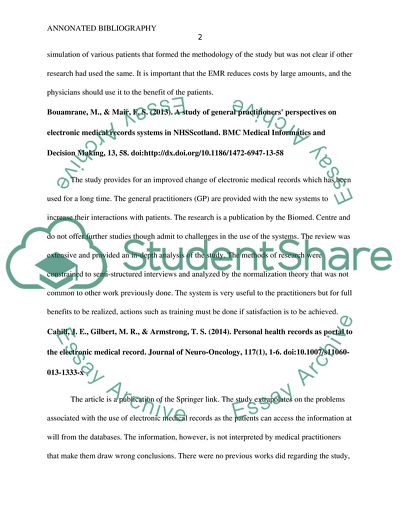Cite this document
(“Electronic Medical Records and Public Perceptions Book Report/Review”, n.d.)
Electronic Medical Records and Public Perceptions Book Report/Review. Retrieved from https://studentshare.org/health-sciences-medicine/1872509-annotated-bibliography-sheila-w5
Electronic Medical Records and Public Perceptions Book Report/Review. Retrieved from https://studentshare.org/health-sciences-medicine/1872509-annotated-bibliography-sheila-w5
(Electronic Medical Records and Public Perceptions Book Report/Review)
Electronic Medical Records and Public Perceptions Book Report/Review. https://studentshare.org/health-sciences-medicine/1872509-annotated-bibliography-sheila-w5.
Electronic Medical Records and Public Perceptions Book Report/Review. https://studentshare.org/health-sciences-medicine/1872509-annotated-bibliography-sheila-w5.
“Electronic Medical Records and Public Perceptions Book Report/Review”, n.d. https://studentshare.org/health-sciences-medicine/1872509-annotated-bibliography-sheila-w5.


